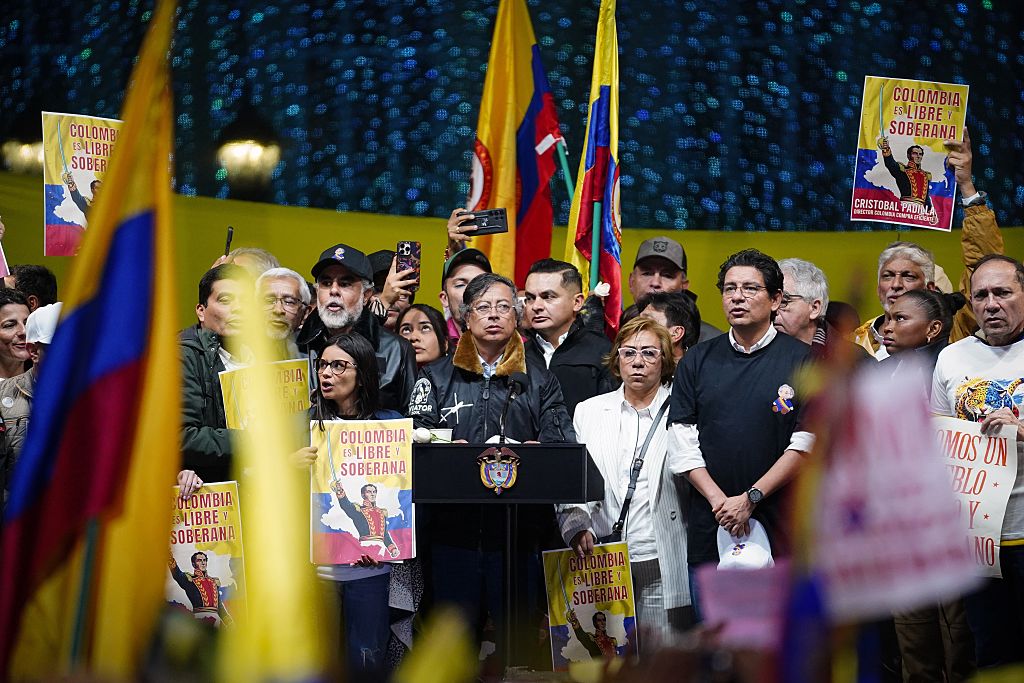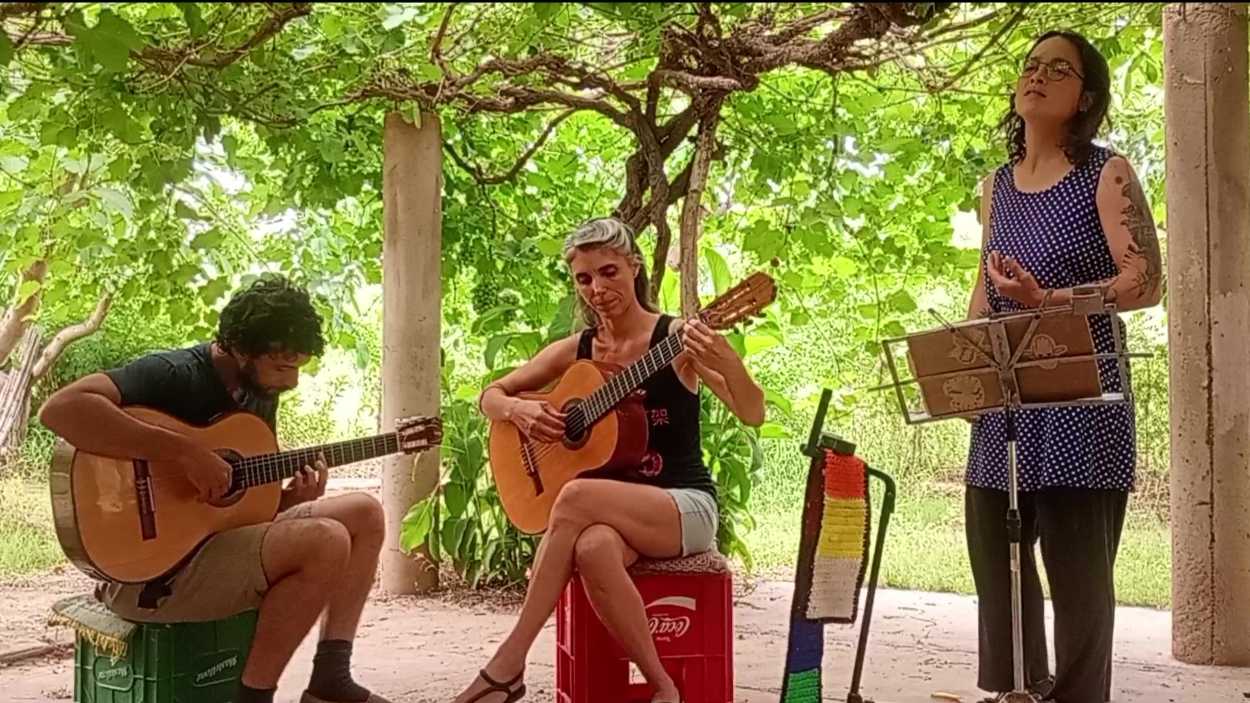Fake News and Elections: How to Reduce the Threat
Fake News and Elections: How to Reduce the Threat
There's a growing consensus about what needs to be done from a legal perspective to protect against fake news, said experts.
Keynote
- Minister Luís Roberto Barroso, Justice of the Brazilian Supreme Court and President of the Superior Electoral Court
Panelists
- Cristina Tardáguila, Senior Program Director, International Center for Journalists
- Carlos Affonso Souza, Director, Institute of Technology and Society of Rio de Janeiro
- Marcelo Lacerda, Director of Government Affairs & Public Policy, Google Brasil
- Brian Winter, Editor-in-Chief, Americas Quarterly; Vice President, Policy, Americas Society/Council of the Americas (moderator)
"Is the threat of fake news and its damage to democracies overblown?" asked moderator Brian Winter at an AS/COA and Americas Quarterly event. “I don't think you've exaggerated at all,” replied Cristina Tardáguila. “We are facing a very big monster called misinformation and disinformation—and it's global.”
On the plus side, there's a growing consensus about what needs to be done from a legal perspective to protect against fake news, especially on social media. “The internet needs regulation to protect our rights of privacy,” said Brazilian Minister Luís Roberto Barroso. “We need to establish some platform liability rules.”
Marcelo Lacerda said that Google Brasil’s main goal during elections is “to make sure that users … find the most useful, official, and reliable information about the electoral process.” When drawing up internet regulations, it's important not to get caught in a “rear-view mirror” approach where you're only addressing past issues but not keeping apace with developing ones, said Carlos Affonso Souza.








